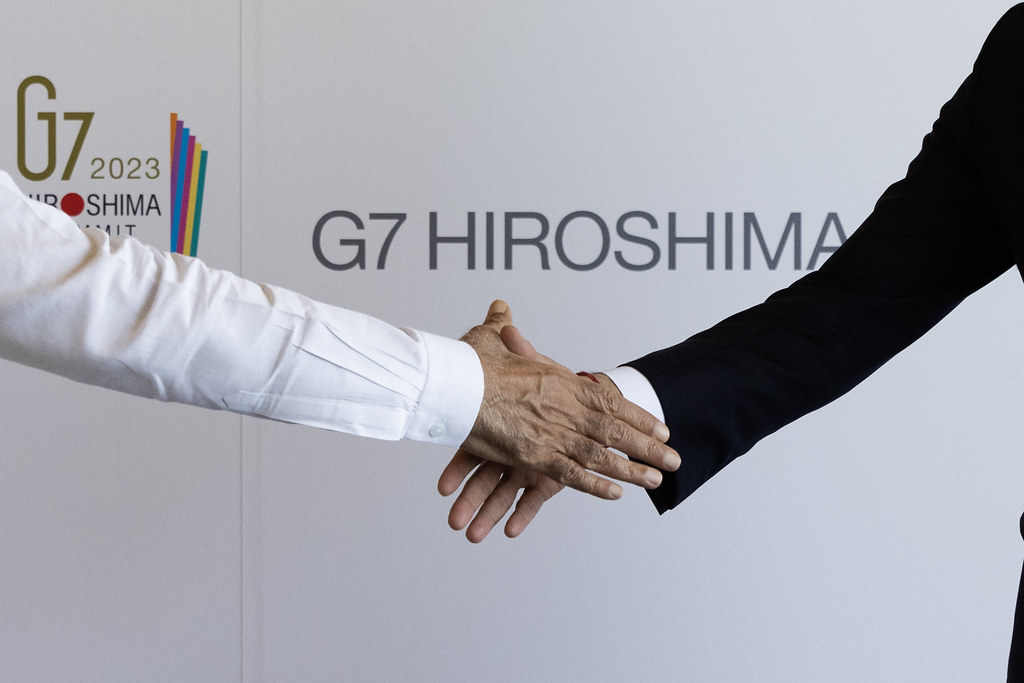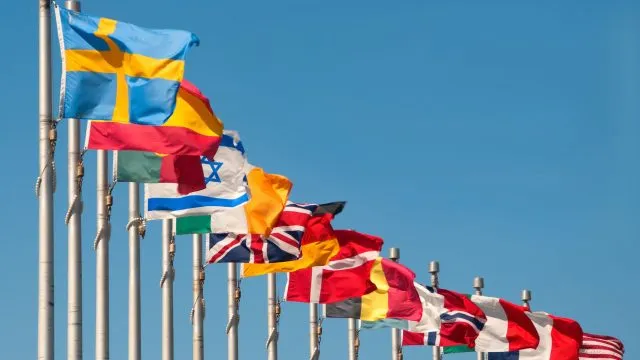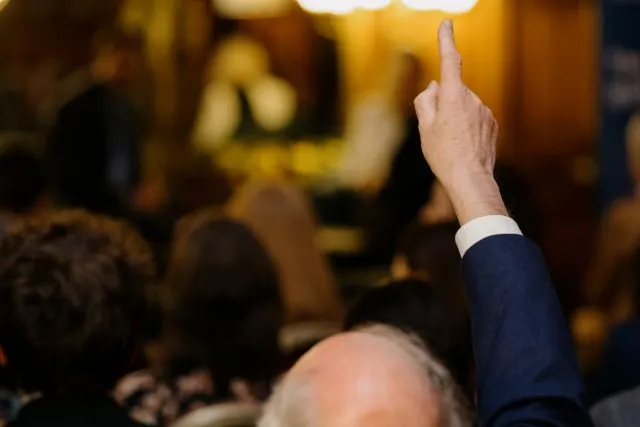Development and climate change
Working together to promote comprehensive, universal sexual and reproductive health and rights
Our thematic conferences in support of the FCDO’s ‘International Women and Girls Strategy 2023–2030’ continues.
The Strategy, launched in March 2023, is framed around the 3 Es – Educating girls, Empowering women and girls, and championing their health and rights, and Ending gender-based violence.
The second conference in the series took place in April and explored ways of working together to promote comprehensive, universal sexual and reproductive health and rights (SRHR).
At the multilateral level, SRHR has become a political lightning rod. Opposition to SRHR is well organised and well-funded, and the polarisation of debate around SRHR risks undermining and weakening multilateralism, which could have damaging effects on international human rights more generally.
Despite the tensions, it is notable that at the local and national level, communities, medical providers, legislators and national governments are working to increase access to SRHR in many places across the globe. There have been huge strides in access to family planning and reproductive health services. Since 1994, only 4 countries have taken steps to reduce the legal grounds for safe abortion. In contrast over 60 countries have taken some steps to expand the grounds for legal abortion over the same period. At country level, the general direction of travel, is still one of strengthening women’s rights and increasing access to SRHR.
The conference convened key partners from UN member states, civil society, UN agencies and grassroots organisations, providing an opportunity to better understand efforts to rollback progress on SRHR, gender equality and more broadly women’s and girls’ rights. This rollback on rights has a real impact on the lives of women and girls and discussion included ways in which to strengthen alliances to protect and advance SRHR and gender equality.
Upcoming events in this series will be on Preventing gender-based violence, Addressing violence in and through education and Engaging women’s movements and strengthening women’s rights.
Peacebuilding in Africa: Transitions, Complexities and Responses
This conference, held in Nairobi in late April, was the culmination of the annual Wilton Park series on peacebuilding in Africa that started in 2015.
It was held in partnership with the African Peacebuilding Network of the Social Science Research Council, New York and the African Leadership Centre, Nairobi, with support from the Carnegie Corporation of New York.
The dialogue took stock of evolutions in peacebuilding in Africa since the first five conferences, exploring the continuities and complex changes that have occurred, and considered the implications of current and emerging developments for the future of peacebuilding in Africa, focusing in particular on the role of youth and inter-generational engagement with peacebuilding.
Promoting African ownership of its peacebuilding agenda, by securing financial autonomy and engaging with African civil societies, businesses and other indigenous actors, is critical to reduce conflict risks. Establishing an African-based and African-funded peacebuilding fund complemented by a peacebuilding strategy that systematically engages the private sectors would enhance African ownership of its peacebuilding agenda. A core thrust of this agenda must be directed towards intergenerational dialogue and co-leadership to hopefully pave the way for productive engagement between the state and youth with the aim of developing lasting peace.



